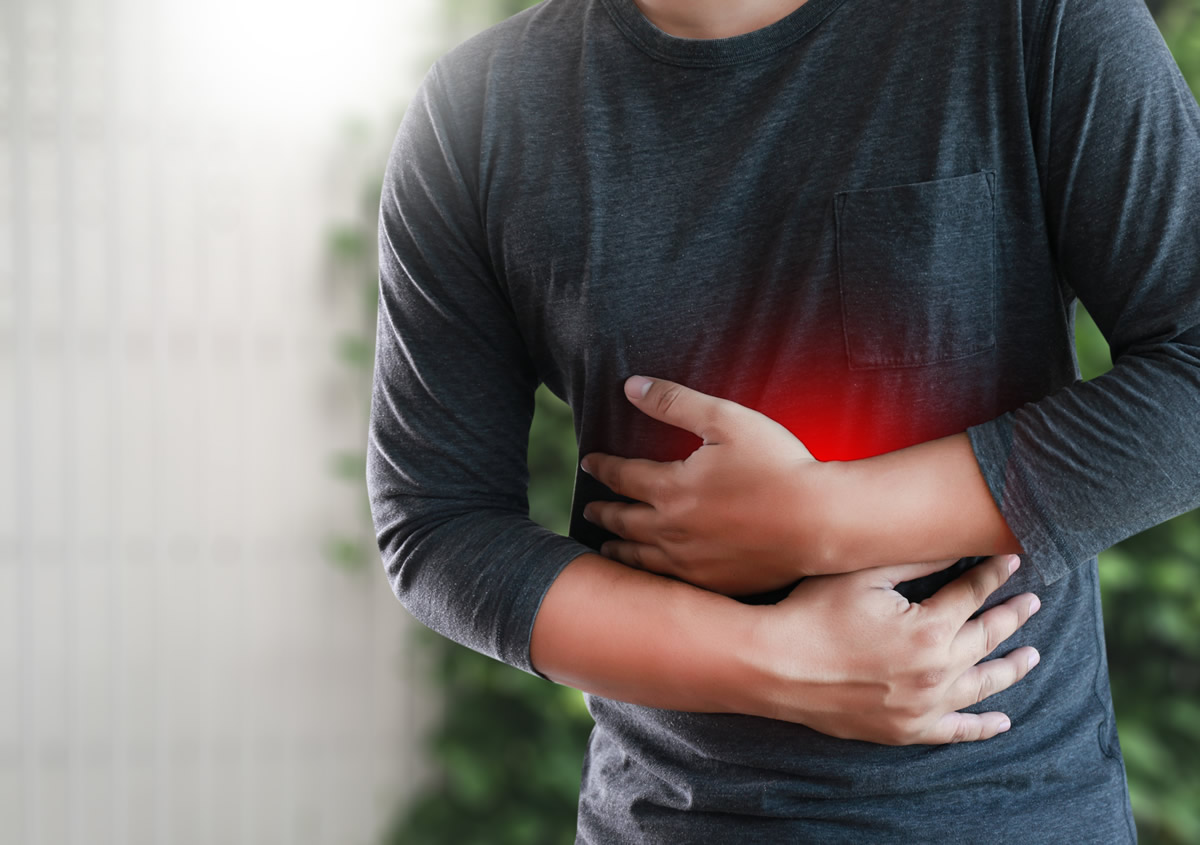
10
Mar
The Hidden Acidity in What We Drink!

Do you have a patient in your practice that constantly complains of sensitivity when they eat? A college student that returns from their first year with several new interproximal lesions? Or a teenager with white spots on their teeth after their braces have been removed? Naturally, this is how the conversation progresses:
Dentist: “Has something changed in your diet?”
Patient: “I don’t even eat sweets and I am good about brushing my teeth”
Dentist: “What do you drink the most of during the day?”
Patient: “Sports Drink, Sweet Tea, Lemonade, Energy Drink…. (the list continues)”
The Center for Science in Public Interest reports that the average person consumes approximately 68 gallons of sweetened and flavored beverages per year. That equates to 725 cans of Coca-Cola or 725 bottles of Gatorade each year. This proves that what our patients are drinking is as important, if not more important, then what they are eating. To the general public, sugar consumption causes cavities and the acidity of beverages is an afterthought. As dentists, it is our job to educate our patients on the importance of acidic beverages to overall oral health.
Dental erosion is defined by the American Dental Association as the “irreversible damage of tooth structure without the presence of microorganisms.” Structurally, dental erosion occurs when hydrogen ions, byproducts of acids, are able to bind and deconstruct the fluoroapetite and hydroxyapetite crystals within the tooth.
How does this relate to commonly consumed flavored beverages?
Many beverage companies add acids such as Phosphoric Acid, Citric Acid and Malic Acid to beverages in order to increase taste, reduce fungal or bacterial growth or preserve shelf life. In a study completed by the ADA in 2016, it was concluded that dental erosion in the oral cavity occurs between a pH of 2.0 and 4.0. Although, any beverage with a pH of 5.5, can cause enamel demineralization. They tested the pH value of 379 beverages and grouped these beverages based on Extremely Erosive (pH < 3.0), Erosive (pH 3.0 – 3.99) and Minimally Erosive (pH > 4.0). 93% of the 379 beverages studied fell into the Extremely Erosive and Erosive Category! An abbreviated list was published by the American Association of Orthodontics (above). A full list of all 379 beverages and respective pH values can be found at: http://jada.ada.org/article/S0002-8177(15)01050-8/fulltext. A continual exposure to beverages with a pH of 4.0 or below will cause the enamel to be compromised and subject to sensitivity and destruction by microorganisms. In turn, restorative treatment will be needed. Often a “sugar free” drink is considered a healthy alternative for many of our patients, but the study confirms decalcification begins with acid erosion and is only compounded if the beverage contains sugar. If you determine that a patients acidic beverage consumption is average or above average, dietary changes might be recommended.
A few tips to help reduce the effects of acid could include:
- Dilute your favorite fruit juice with water
- Drink through a straw to limit contact with teeth
- Avoid sipping on these drinks continually throughout the day
- Rinse with water following consumption of an acidic beverage



